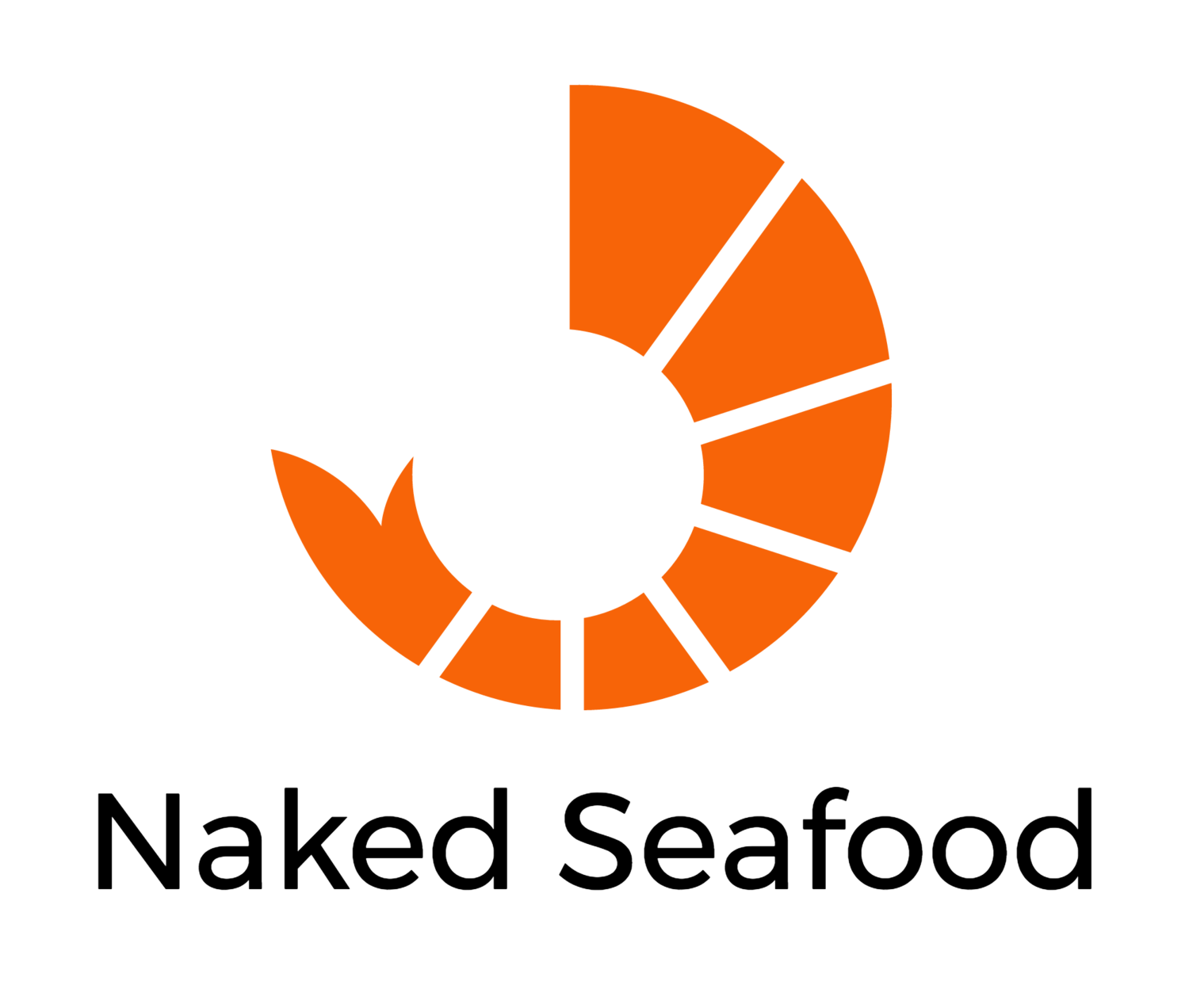Why are you called Naked Seafood anyway?
Because we like our shrimp in their birthday suit -- you know, naked. To us that means no chemicals or other additives -- just the way nature made it is just right.
Why does chemical-free matter anyway?
Because the industry standard is to put some pretty bad stuff in your seafood. You shouldn't even touch these chemicals with your hands, so you probably shouldn't be putting them in your mouth. Pretty straight-forward. The most common chemical added to shrimp is sodium triphosphate. Common industrial uses include stain removal and degreasing. Don't take our word for it. Look up "TSP" on Amazon and see if you want to continue eating anything other than Naked Seafood shrimp. Or you might look up TSP on the Pesticide Info website and you'll see their recommendation is to "avoid all contact". We agree. That's why we got Naked in the first place.
Why would anyone use chemicals in the first place?
To make more money. Shrimp is purchased by weight. TSP and other chemicals make shrimp absorb water. More water = heavier = more money. We would rather make less money per pound and sleep well at night. We figure we'll still be able to feed our families and do just fine.
How do I know if my shrimp has chemicals?
Unfortunately, it's not mandatory to label products with TSP. If you're in a market or restaurant you can ask if the product is "wet" -- that's industry speak for soaked in TSP. If you're cooking shrimp and it shows a white milky substance it's most likely "wet". By the way, you should ask for all seafood, not just shrimp. Scallops and other flaky fish like halibut and sole often contain TSP.
Where does your shrimp come from?
100% of our shrimp is caught wild from the Louisiana coast, down in the bayou. We don't farm our shrimp and we don't add anything to them.
Does your fleet use sustainable shrimping practices?
Yes. Our shrimpers use TEDs (turtle exclusion devices) in their nets to make sure protected turtles and other bycatch swim happy. We care about all species of sealife, especially protected species, and try to keep up with the best fishing practices to preserve them.
Are you satisfied with your level of sustainability?
Heck no! Then again, we'll probably never be satisfied. For now though, we're thinking a lot about the amount of plastics used in our industry. We need to be better, so we're investing in a research and development program focused on biodegradable plastics. We welcome input from anyone who shares that interest. When we aren't shrimpin' we are also sport fishing, surfing and scuba diving, so we see first hand how this stuff comes full circle, fast. We only get one planet y'all. Let's take care of it.

